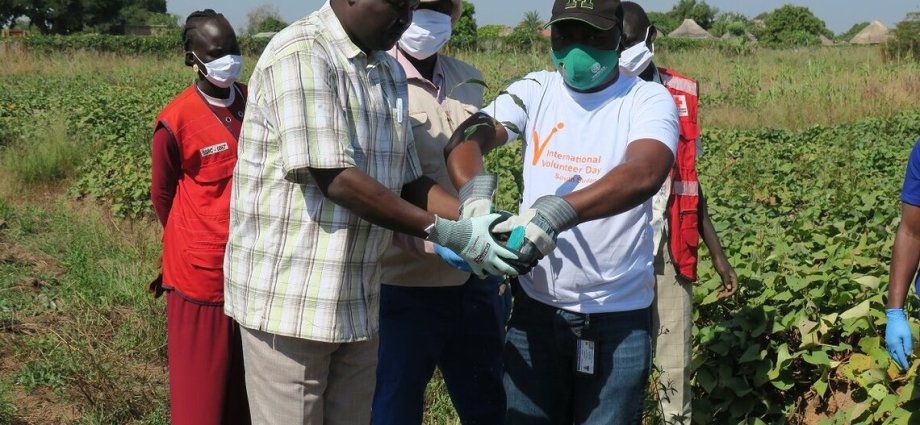Northern Bahr El Ghazal Announces Tax Exemption on Sorghum to Ease Food Crisis

Government Implements Temporary Tax Relief on Staple Crop
AWEIL – The government of Northern Bahr El Ghazal State in South Sudan has announced a four-month tax exemption on sorghum, a vital staple crop, to combat rising food prices and improve accessibility for residents. The measure, effective immediately, aims to prevent traders from inflating prices and ease the economic burden on struggling households.
Cabinet Approves Emergency Food Security Measure
The decision followed an extraordinary cabinet meeting where State Minister of Finance Ruay Dut Akol proposed the tax suspension. According to State Minister of Information Gabriel Yel Deng, the proposal received overwhelming cabinet support as an urgent response to worsening food insecurity.
“Sorghum is fundamental to our people’s diet, yet economic hardships make it unaffordable for many,” Yel explained. “Citizens often sell livestock or engage in small businesses just to survive. This exemption will provide crucial relief during these difficult times.”
War in Sudan Exacerbates Local Food Shortages
The minister highlighted how the ongoing conflict in Sudan has disrupted traditional food supply routes, intensifying Northern Bahr El Ghazal’s reliance on local agriculture. “Roads that once transported food from Sudan are now blocked,” Yel noted. “Supporting our farmers through this tax break is both timely and essential.”
Government Warns Against Price Gouging
Authorities have pledged strict enforcement of the policy, warning traders against maintaining inflated sorghum prices. Currently, 4kg of sorghum costs approximately 14,000 South Sudanese Pounds (SSP) – a prohibitive price for many families. Violators face penalties as the government works to stabilize the market.
New Livestock Tax Introduced
In a parallel economic measure, the state implemented a 20% tax on livestock transported to Juba for sale. This policy aims to generate revenue while addressing concerning livestock depletion in the region.
“We’re seeing significant livestock losses from our state,” Yel stated. “This tax will support local development while ensuring sustainable management of our animal resources.”
The dual policies demonstrate the government’s approach to balancing immediate food relief with long-term economic planning.


